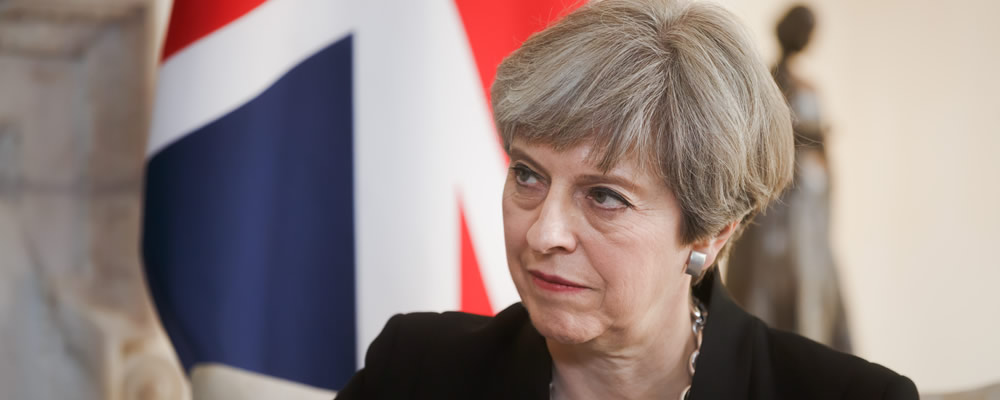The Pound to Euro (GBP/EUR) exchange rate has risen today, thanks to a pair of slightly positive reports on the UK economy.
Pound to Euro Exchange Rate Tight after Reported UK Wage Rise
Today’s minor Pound to Euro rise has been caused by the release of studies from Adzuna and the Confederation of British Industry (CBI).
In the former case, Adzuna reports that average salaries for vacancies have risen by 1.2% in November, relative to the year before.
This suggests that employers are finally being forced to bump up salaries due to a smaller labour pool increasing the value of individual employees.
The CBI report has concerned production output in the three months to December; growth levels have reportedly risen by 19%.
Commenting on the results, CBI Head of Economic Intelligence Anna Leach said;
‘Private-sector firms are enjoying healthy activity levels as we approach the year end, but mediocre expectations for growth underline the ongoing challenges facing companies’.
EUR/GBP Exchange Rate Drops on Cautious Forecast for ECB Interest Rates
The Euro has dipped against the Pound today, seeing minor losses because of cautious estimates for Eurozone activity in 2018.
In a recent Financial Times poll for economists, a range of questions have been asked about the Eurozone’s performance in 2018.
When asked about when the next ECB interest rate hike could take place, most economists have been cautious.
Only three of 36 respondents thought the bank would hike rates before 2019, while a bulk thought that the next rate hike would come in the first half of 2019.
In a slightly better polling response, most economists believed that Brexit negotiations will have a minimal impact on Eurozone development in 2018.
Giving his outlook, Berenberg Bank Chief Economist Holger Schmieding said to the FT;
‘The extent to which Britain hurts itself through its choices between a harder or softer Brexit is not a key issue for the much bigger European continent.
The impact will be marginal, probably within the rounding error of GDP forecasts for the Eurozone’.
2018 Pound to Euro Forecast: GBP Losses Possible on Services Slowdown
Looking ahead to the New Year, the Pound may face difficulties trading against the Euro during the first week of January.
During an otherwise quiet week, the Pound could be influenced by manufacturing, construction and services PMI readings out over 2nd January to 4th January.
Experts predict slower manufacturing and construction sector activity, but no change in the high-impact services reading.
The services figure is subject to change, as it covers December when analysts would be expecting a rise due to Christmas spending.
As it stands, a flat services reading or even an unexpected decline could weaken the Pound, given that the services sector is the largest contributor to UK economic growth.
The next significant Euro to Pound movement could come sooner, on Friday afternoon.
Germany’s December inflation estimate will be coming out on the day and is tipped to show a year-on-year slowdown and a month-on-month rise.
Such a result might weaken the Euro, as slowing German inflation could result in slowing inflation across the Eurozone.
Lower overall inflation would reduce the pressure on the European Central Bank (ECB) to consider tightening monetary policy in 2018.



